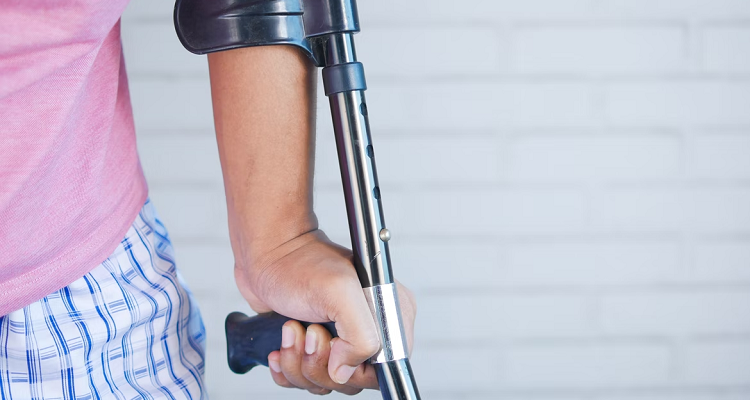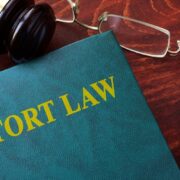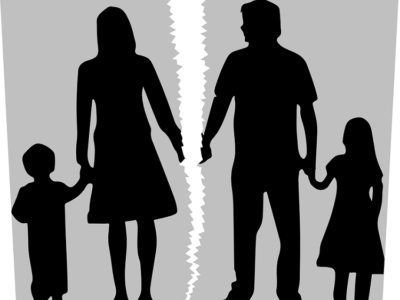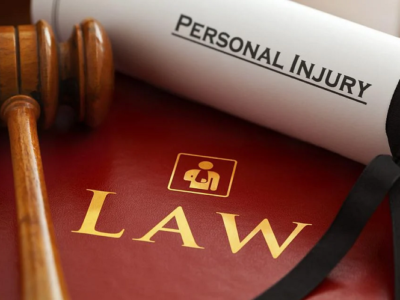If you have suffered a personal injury, you know that the aftermath can be difficult to deal with. Not only do you have to cope with the physical pain and emotional trauma of the injury itself, but you also have to deal with all of the practical issues that come along with it. Dealing with insurance companies, doctors, and lawyers can be overwhelming and confusing. In this blog post, we will provide some tips on how to deal with the aftermath of a personal injury.
Table of Contents
1. Seek medical attention as soon as possible
So, you’ve suffered a personal injury. Maybe it was in a car accident, or maybe you slipped and fell at work. Regardless of how it happened, you’re now dealing with the aftermath. And that can be tough to handle.
The first thing you need to do is seek medical attention. Even if you don’t think the injury is serious, it’s always best to get checked out by a doctor. They will be able to properly assess the situation and give you the appropriate treatment.
Also, medical documentation will be important if you decide to pursue a personal injury claim. So, if you do have to see a doctor, make sure to get all the documentation you need.
2. Contact a personal injury lawyer
When you have been injured due to someone else’s negligence, you may be entitled to compensation. An experienced personal injury lawyer can help you understand your legal rights and options and fight for the maximum amount of compensation possible.
If you have been injured in an accident, contact a personal injury lawyer as soon as possible. If you don’t know any lawyers, you can find one online. Moreover, if you live in Oakland, for instance, just enter ‘Oakland personal injury attorney‘ in your search engine and check the results. The same goes for other cities.
Don’t try to deal with the aftermath of your accident and the insurance company on your own – get an experienced personal injury lawyer on your side. Your lawyer will fight for you to get the maximum compensation possible, so you can focus on what’s important – healing and moving on with your life.
3. Gather evidence from the scene of the accident
One of the most important things you can do after suffering a personal injury is to gather evidence from the scene of the accident. This includes taking pictures of any visible injuries, getting the contact information of any witnesses, and documenting anything else that may be relevant to your case.
If you are able to do so, it is also beneficial to get a copy of the police report. This can be helpful in proving how the accident happened and who was at fault.
In addition, gather any medical records and receipts related to the accident and your injuries. This will be important in documenting the extent of your damages and how much you have spent on treatment.
4. Notify your insurance company
As soon as possible after the accident, you should notify your insurance company that you have been involved in an accident and suffered injuries. Your insurance company will then open a personal injury claim on your behalf. Once the claim is opened, an insurance adjuster will be assigned to your case. The insurance adjuster’s job is to investigate the accident and determine how much the insurance company should pay for the damages.
If you have been involved in a car accident, you will need to notify your auto insurance company. If you were injured at work, you will need to notify your workers’ compensation insurance carrier. If you were injured by a defective product, you may need to notify the product liability insurance carrier for the company that manufactured the product.
5. Keep a journal of your progress and recovery
If you’re going to be out of work for an extended period of time, it can be helpful to document your recovery in a journal. This will help you remember how far you’ve come and give you something to look back on when you’re feeling frustrated with the process.
You can also use your journal as a way to track your symptoms and progress. This can be helpful information to share with your doctor.
And finally, journaling can be a form of self-care. It’s a way to process your thoughts and feelings about what you’re going through.
If you’re not sure how to get started, here are a few prompts:
-What symptoms am I experiencing?
-How is my pain level today?
-What treatments have I tried?
-What’s been working/not working?
-How am I feeling emotionally?
-What worries me the most?
-What are some things I’m grateful for?
-What are my goals for recovery?
If you’re struggling to find the motivation to journal, try setting aside some time each day, even if it’s just for a few minutes. And don’t worry about being perfect – the point is to get your thoughts down on paper, not to produce a work of art.
6. Get back to your everyday routine slowly and carefully
Of course, you can’t just dive right back into things and expect everything to be normal. You need to take things slow and ease yourself back into your everyday routine. Pushing yourself too hard too soon will only make your recovery that much harder.
Start with small goals and work your way up. If you were someone who worked out regularly before your accident, start by doing some light exercises at home. Or if you loved going out for coffee with friends every morning, try meeting up with one friend for lunch instead.
You might not be able to do everything you used to do right away, and that’s okay. The important thing is that you listen to your body and give yourself the time you need to heal.
In the end, it is important to remember that you are not alone after suffering a personal injury. There are many resources available to help you through this difficult time. Seek out the support of family and friends, and consider talking to a counselor or therapist to help you process your experience. Take care of yourself physically and emotionally, and be patient as you heal both physically and mentally. With time and care, you will recover from this experience and be able to move on with your life.



















Comments